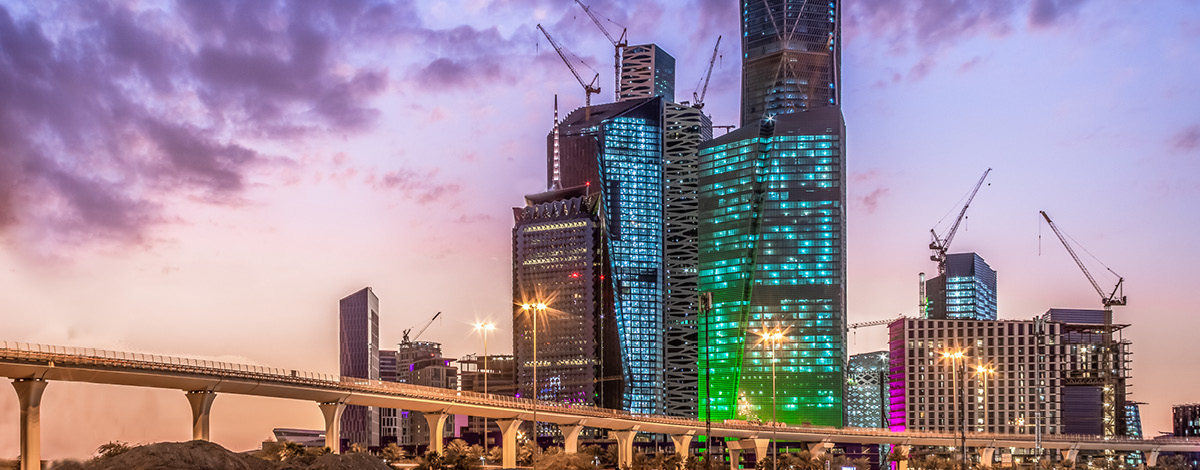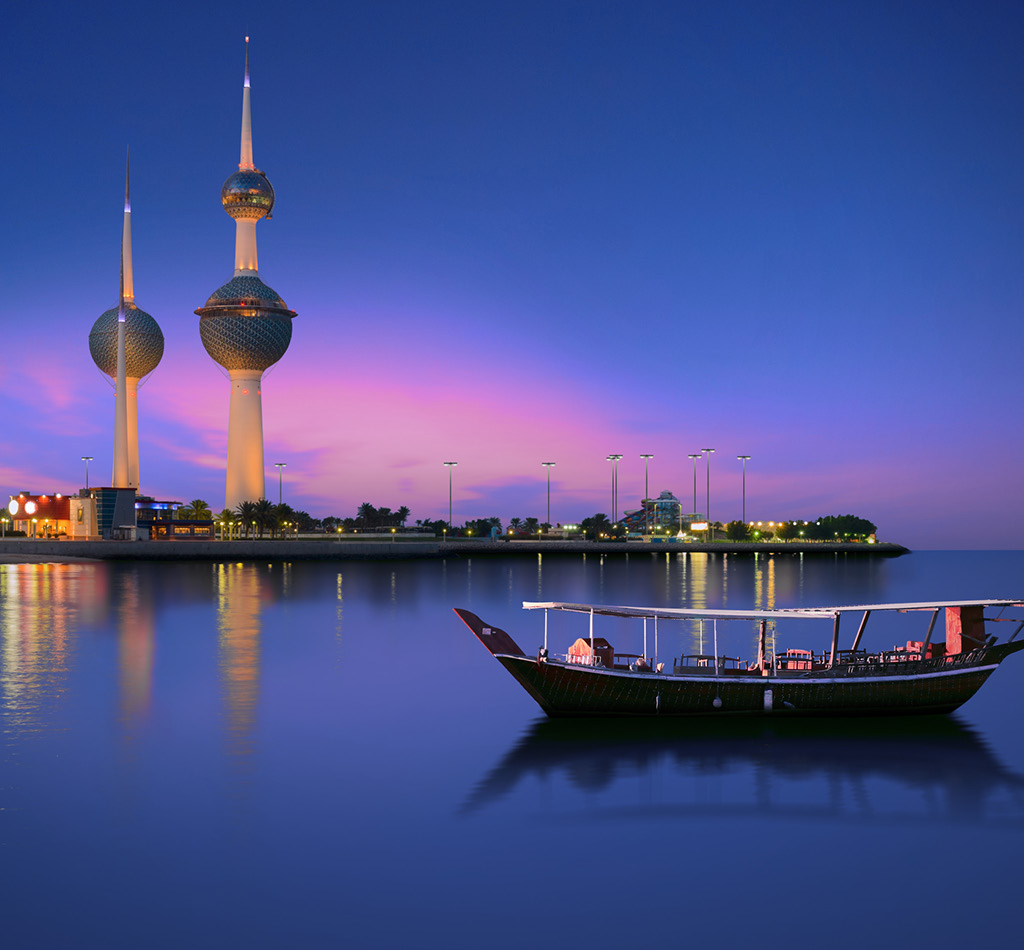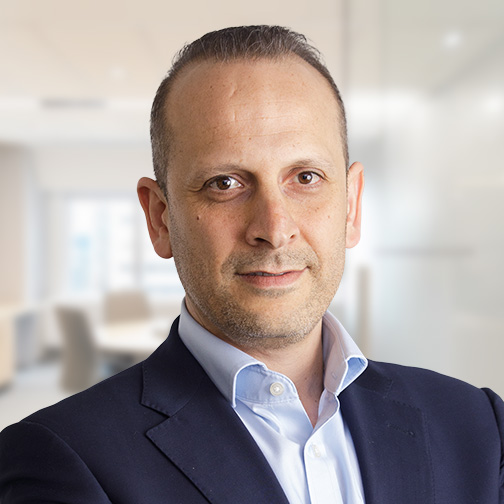Commentary
MENA Q4 2023 Manager Letter
February 14, 2024

MENA equity markets finished the fourth quarter with returns of 5.9% (for the S&P Pan Arabian Index), rounding out a reasonably strong year with an Index return of 10.2%.
2023 marked the third consecutive year of outperformance for the S&P Pan Arabian index against Emerging Markets (the MSCI EM Index). Over that period, MENA outperformed EM by a remarkable 59.2%. Despite this, an EPFR survey cited by JP Morgan of key EM managers indicates most are staying bearish on the region (as measured by the median exposure relative to the region’s MSCI EM Index weight as of January 8, 2024).
Morgan Stanley’s MENA equity sales desk notes that ~50% of GEM funds have zero exposure to Saudi Arabia, which has a 4.1% weight in the MSCI EM Index. While foreign institutional ownership of Saudi stocks has risen dramatically over recent years (the latest weekly data from the Tadawul shows foreign institutions own 12.5% of the free-float market capitalisation), positioning remains relatively conservative.
Without speculating on the reason(s) why EM managers have taken this view, we continue to believe it demonstrates a knowledge gap from the years when markets like Saudi were all but shut to foreign investors. This presents an opportunity for specialised managers with an early mover advantage in these markets to operate and invest with an edge that is difficult to establish in other well-trodden EMs.
Since the end of the first quarter of 2023, we have become more vocal about our concern on valuation levels in Saudi. During this period, we’ve seen an increase in geopolitical risk, persistently high interest rates, and lower oil prices. None of those factors seem (for the time being) to temper local and regional investor enthusiasm for Saudi stocks, particularly mid-caps and IPOs. We believe it is prudent to avoid being overly exposed to situations where, by our estimates, investor positioning and expectations are excessively high. While we remain constructive on the quality of the Saudi-based businesses we own and the country’s structural growth story, especially in the consumer, healthcare, and education sectors, we enter 2024 with lower exposure to these stocks. The Saudi market is highly dynamic, and we expect there will be opportunities to rebuild our exposure to those stocks throughout year.
We are relatively more bullish on the UAE, focusing primarily on banks and quasi-monopoly businesses like utilities and infrastructure. Benign liquidity conditions and strong economic growth favour UAE banks with a solid deposit franchise and strong lending opportunities in 2024. We have already seen at the beginning of this year that banks are signalling confidence in their outlook by significantly upgrading their dividend payout ratios for the profits from last year. Our UAE banks portfolio is yielding over 6% on average (as of the date of this letter), an attractive level as the interest rate cycle begins to turn.
In other markets, we continue to back Morocco-based companies in the retail and technology sectors and have expanded our portfolio with a new investment in healthcare, a sector set to grow significantly from a universal health scheme that will materially improve access to much-needed medical services. We expect Morocco to perform better in 2024 as inflation pressures ease and the country continues to develop a competitive base for manufacturing and services that we believe will unlock growth this year and beyond. (In a recent Bloomberg article, Morocco, alongside Mexico, Poland, Vietnam, and Indonesia were identified as key “economic connectors” that will benefit from supply chain reshuffling.)
In Qatar and Kuwait, we remain selective, with growth remaining constrained, though we see potential in Qatar’s liquified natural gas value chain and are more optimistic about Kuwait following the appointment of a reformist royal as the new Emir in late 2023.
Egypt remains a wildcard, with an imminent devaluation likely to be the first step in a long journey towards rebuilding policy credibility with investors. That said, we remain open to increasing our ownership in our preferred Egyptian healthcare and technology businesses if opportunities arise later this year.
We wish you a prosperous 2024 and look forward to sharing updates on our strategy with you.



